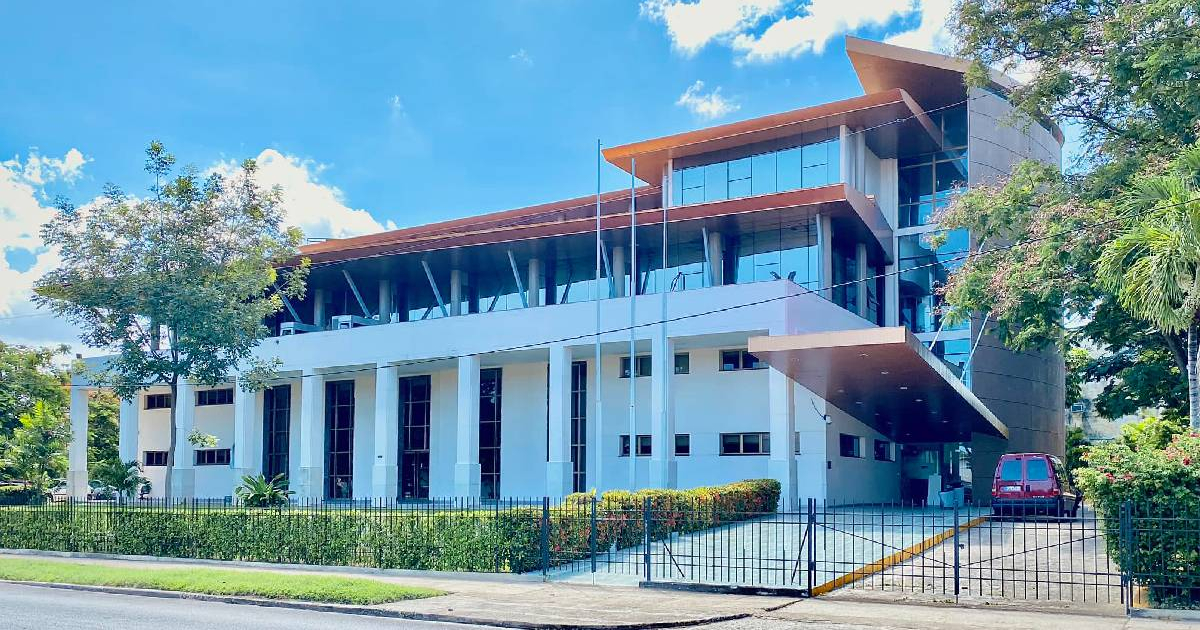Leaked documents have uncovered that the Cuban military conglomerate, led by the Revolutionary Armed Forces of Cuba (FAR), holds billions of dollars in overseas bank accounts. This revelation comes at a time when the Cuban populace is enduring a severe humanitarian crisis, characterized by a shortage of medicines and essential medical supplies.
Financial records obtained by the Miami Herald reveal that companies tied to the Cuban military, such as Gaviota, which operates in the tourism sector, possess around $4.3 billion in their accounts. This amount dwarfs the $339 million the Cuban government has requested to stock pharmacies with essential drugs, the publication notes.
Enterprises under the FAR's control have amassed significant financial reserves, exacerbating the national debt and worsening the living conditions for ordinary Cubans, as detailed by the report. Leaked documents from GAESA, a major military-controlled entity, illustrate how these organizations have misallocated resources meant to mitigate the economic crisis. As of July 2024, Gaviota had 88.6 billion pesos in assets, including 51 billion in long-term investments.
The island's International Financial Bank, managed by GAESA, oversees a substantial portion of these funds, including those derived from remittances and payments from foreign governments for Cuban medical missions.
Since 2008, during the presidency of Raúl Castro, GAESA has expanded its grip over various economic sectors, including tourism, telecommunications, and the handling of remittances sent by Cubans abroad.
In 2023, despite the devastating effects of the pandemic and ongoing sanctions, 36% of all government investments were funneled into constructing new hotels, while a mere 2.9% was allocated to agriculture and only 1.9% to health and social assistance programs.
Even with a decline in tourism, with just 1.8 million international visitors in 2023 compared to 4.2 million in 2018, the government persists in pouring billions into building new hotel rooms, most of which are under GAESA's control.
Cuban economic experts have pointed out that the crises in the energy sector and others like housing construction and the collapse of the hospital system are political choices. The regime opts to invest in tourism despite the low influx of visitors.
Insights into the Financial Practices of the Cuban Military
What is GAESA and its role in the Cuban economy?
GAESA is a military-controlled conglomerate in Cuba, overseeing various sectors, including tourism and telecommunications. It plays a significant role in the economy by managing substantial financial resources and investments.
How has the Cuban government prioritized its investments despite the economic crisis?
Despite the economic hardships, the Cuban government has allocated 36% of its investments to hotel construction, while significantly less has gone to agriculture and health sectors, reflecting a strategic focus on tourism.
Why is the Cuban tourism sector still receiving large investments?
The Cuban government continues to invest in tourism infrastructure, such as hotels, to potentially boost future economic returns, despite the current low number of international visitors.
